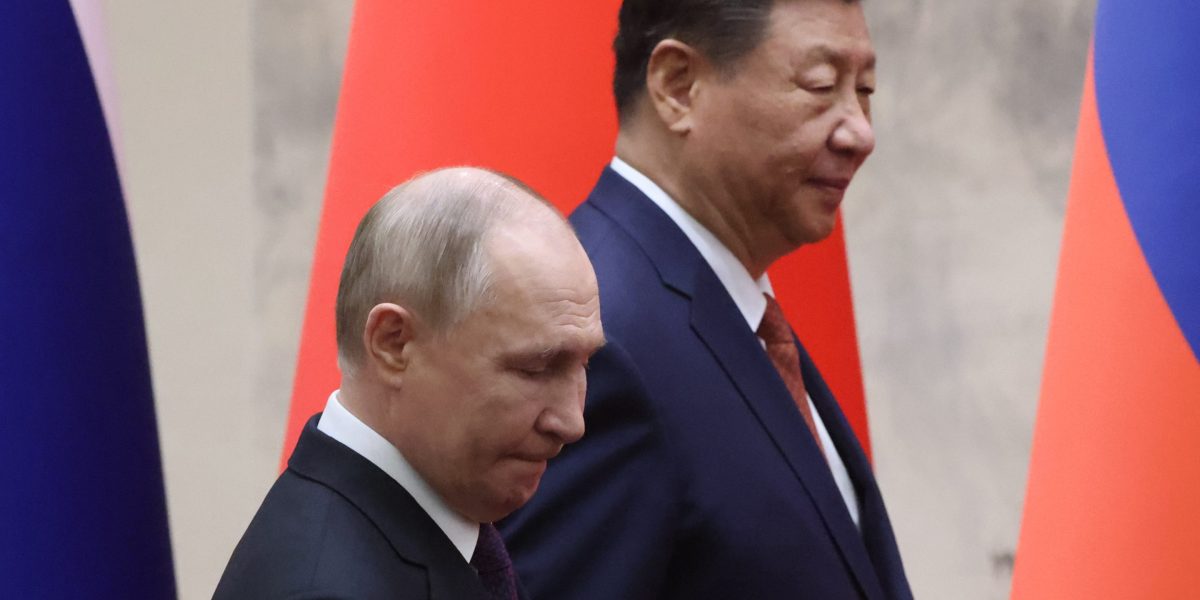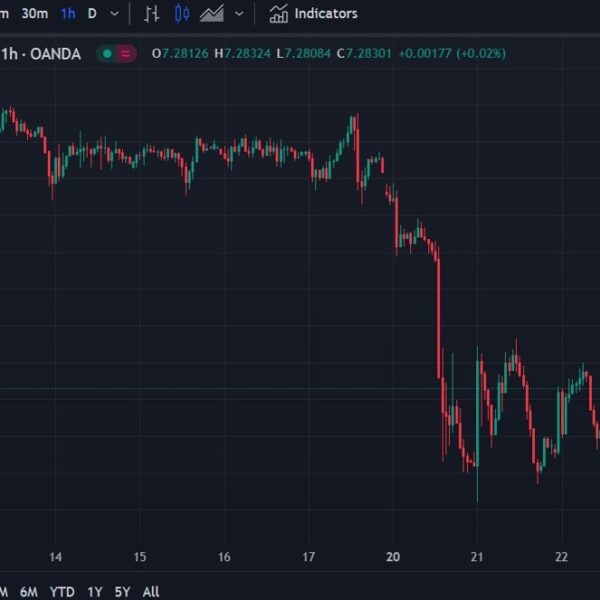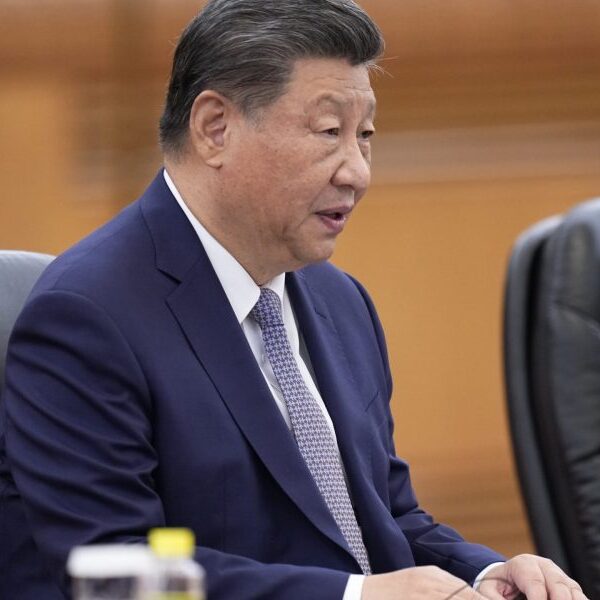

After the U.S. and its allies sanctioned Russia in 2022 for its invasion of Ukraine, Moscow turned away from the dollar and euro in international transactions and relied more on China’s yuan.
That coincided with more trade between the two countries as Russia was largely shut out of Western markets as well as the global financial system.
By June, the yuan accounted for 99.6% of the Russian foreign exchange market, according to Bloomberg, which cited data from Russia’s central bank. And Russian commercial banks ramped up corporate loans denominated in yuan.
But this dependence on the yuan is now backfiring as top Russian banks are running out of the Chinese currency, Reuters reported on Thursday.
“We cannot lend in yuan because we have nothing to cover our foreign currency positions with,” German Gref, CEO of top Russian lender Sberbank, said at an economic forum.
That’s because the U.S. expanded its definition of Russia’s military industry earlier this year, thereby widening the potential scope of Chinese firms that could get hit with secondary sanctions for doing business with Moscow.
As a result, Chinese banks have been reluctant to transfer yuan to Russian counterparts while servicing foreign trade payments, leaving transactions in limbo for months. With yuan liquidity drying up from China, Russian companies have tapped the central bank for yuan via currency swaps.
At the start of this month, banks raised a record 35 billion yuan from Russian’s central bank through these swaps, according to Reuters. And banks were expecting more help.
“I think the central bank can do something,” Andrei Kostin, CEO of second-largest bank VTB, said Thursday. “They hopefully understand the need to increase the liquidity offer through swaps.”
But on Friday, Russia’s central bank dashed those hopes, calling on banks to curb corporate loans denominated in yuan.
The Bank of Russia also said in a report that swaps are only meant for short-term stabilization of the domestic currency market and are not a long-term source of funding, according to Bloomberg. But rather than simply filling the roles that dollars and euros did, yuan loans have expanded.
“The increase in yuan lending was partly caused by the replacement of loans in ‘toxic’ currencies, but 41% of the increase was down to new currency loans,” the bank said.
The central bank also released a survey that showed a quarter of Russian exporters had trouble with foreign counterparts, including blocked or returned payments even when dealing in supposedly friendly countries. And about half of exporters said the problems got worse in the second quarter from the prior quarter.
The overall Russian economy has been propped up by the government’s wartime spending as well as oil exports to China and India. But the combination of busy factories and labor shortages due to military mobilizations have stoked more inflation.
Researchers led by Yale’s Jeffrey Sonnenfeld warned the seemingly robust GDP data mask deeper problems in the economy.
“Simply put, Putin’s administration has prioritized military production over all else in the economy, at substantial cost,” they wrote. “While the defense industry expands, Russian consumers are increasingly burdened with debt, potentially setting the stage for a looming crisis. The excessive focus on military spending is crowding out productive investments in other sectors of the economy, stifling long-term growth prospects and innovation.”
In our new special issue, a Wall Street legend gets a radical makeover, a tale of crypto iniquity, misbehaving poultry royalty, and more.
Read the stories.















